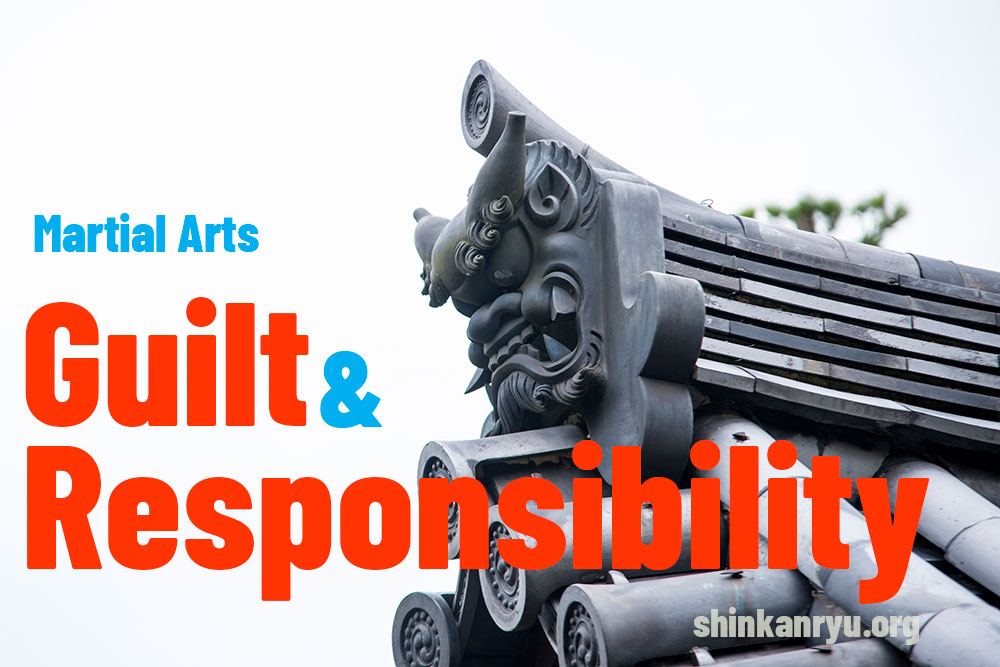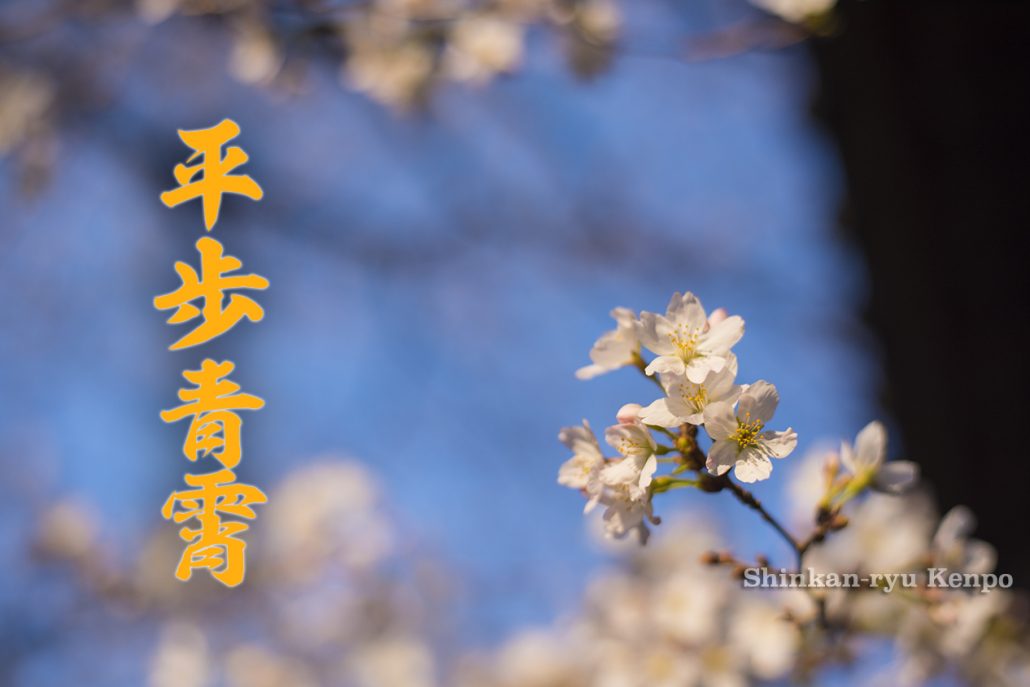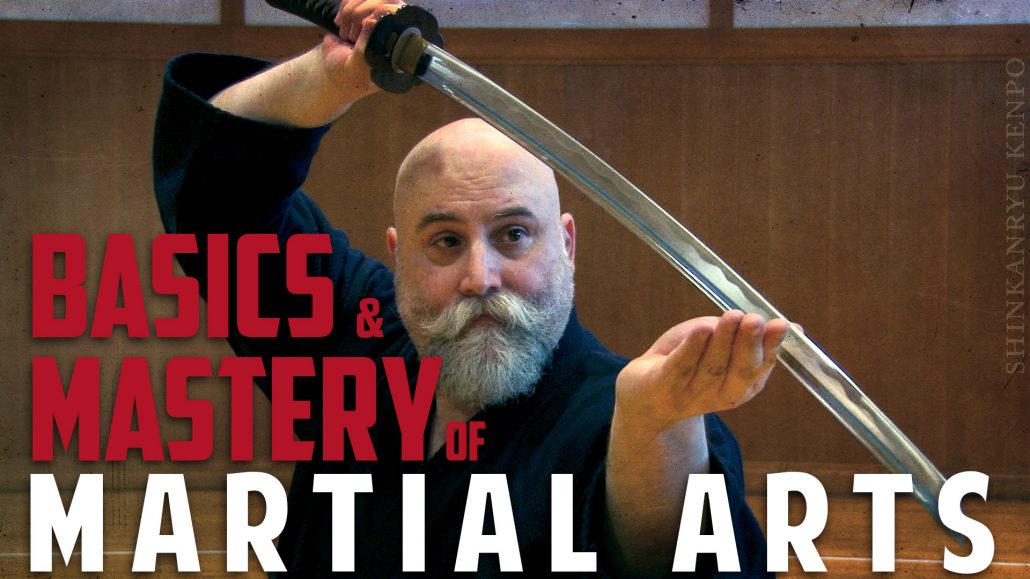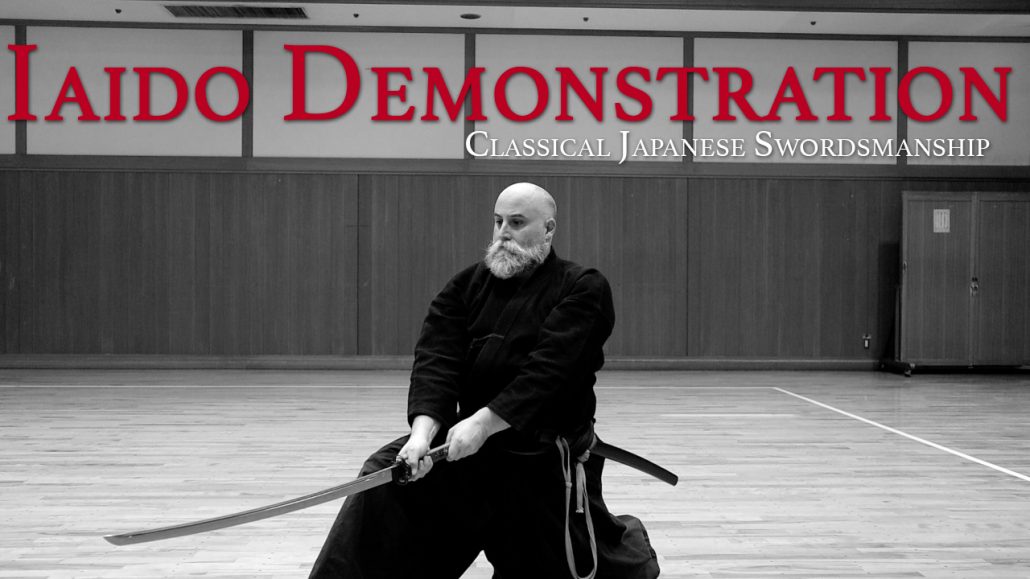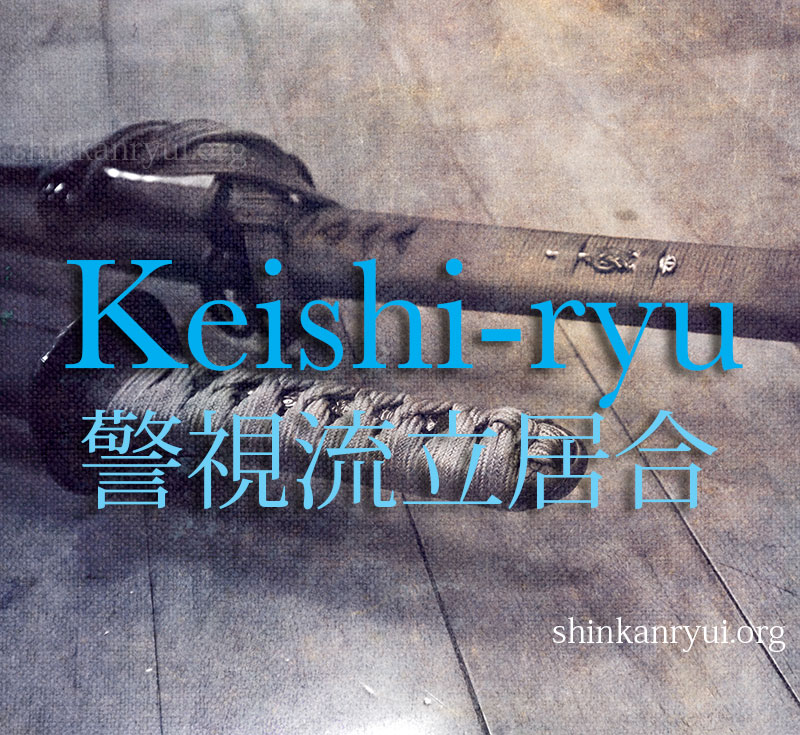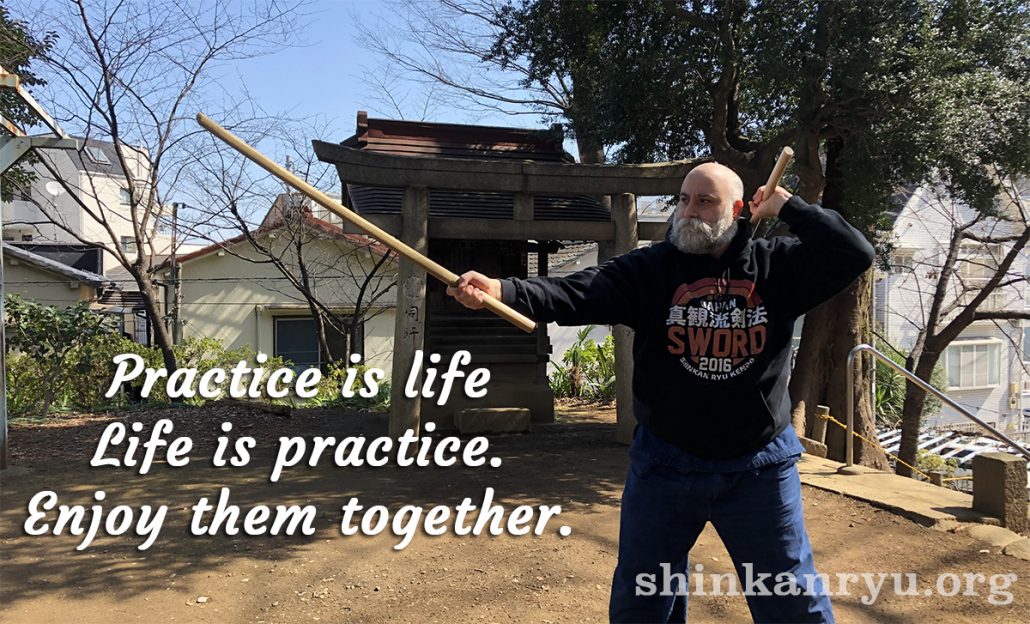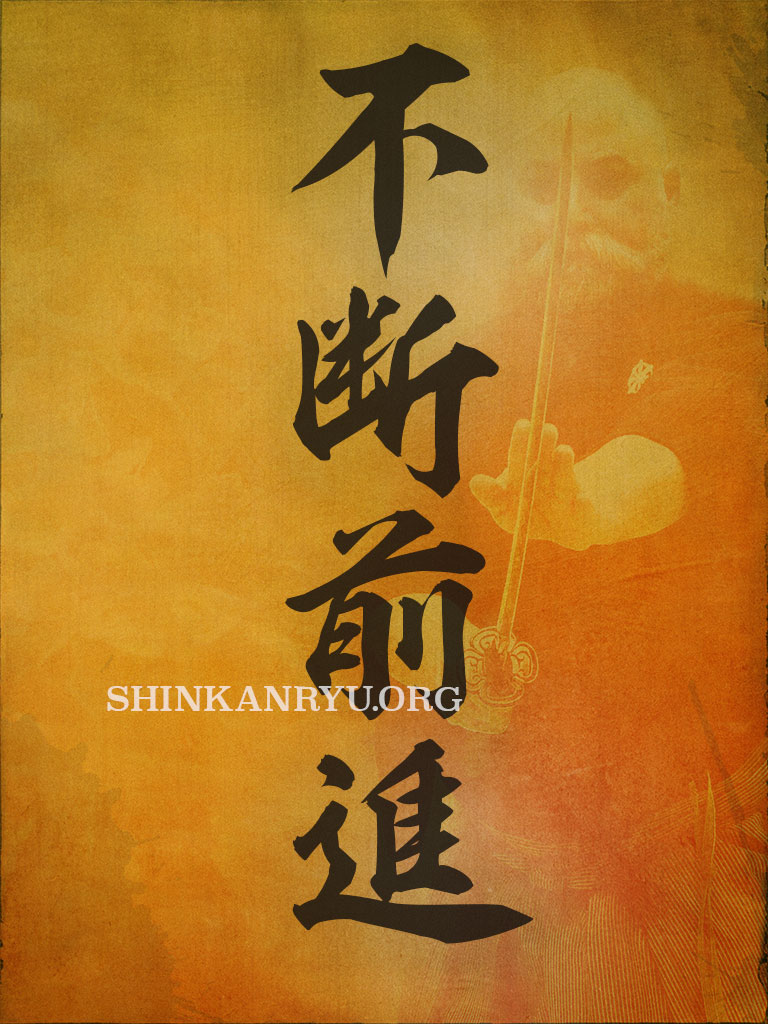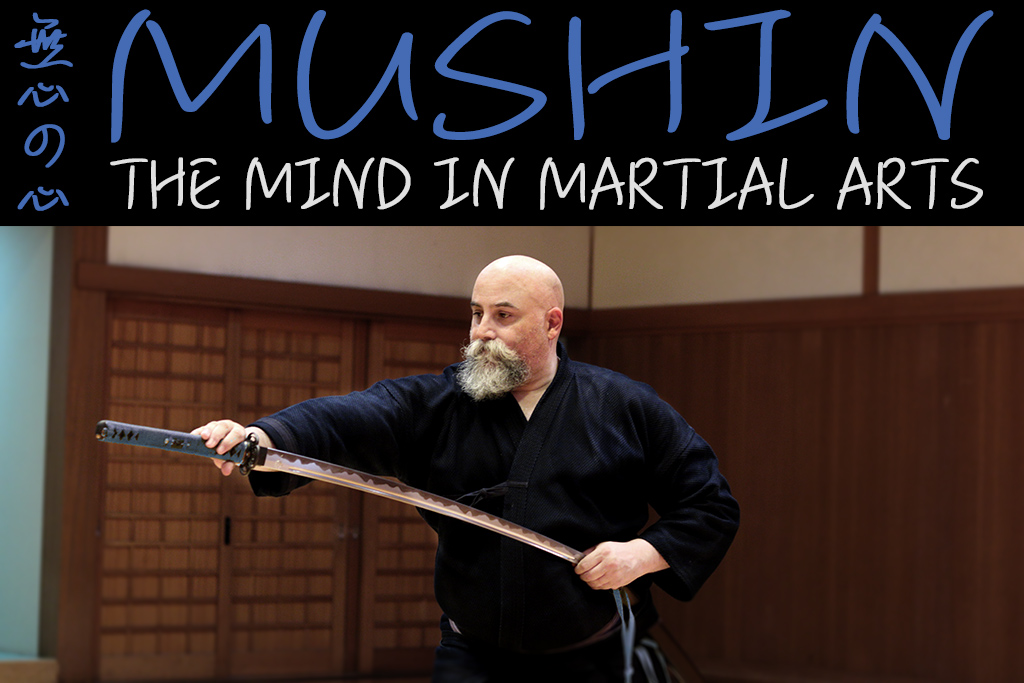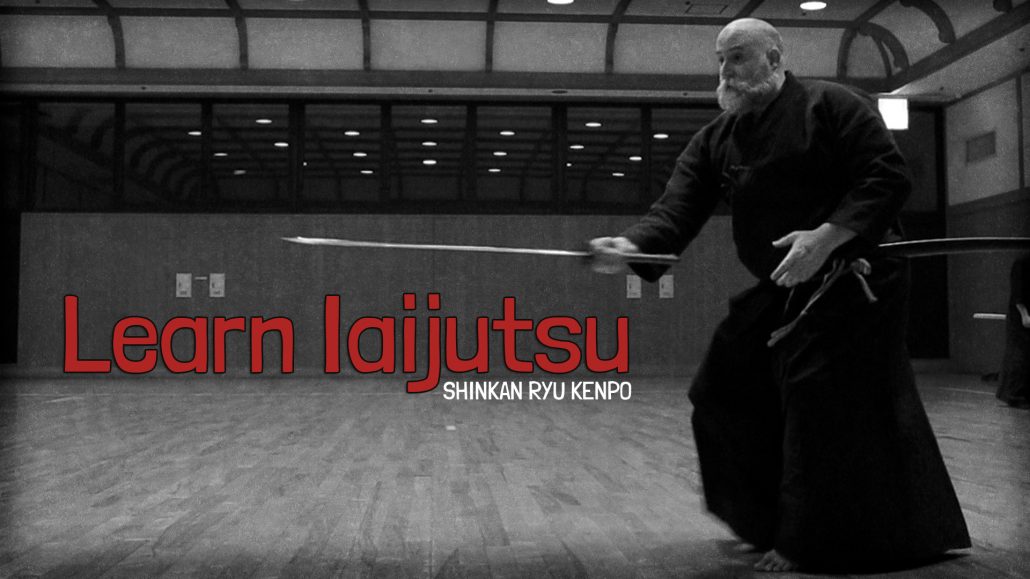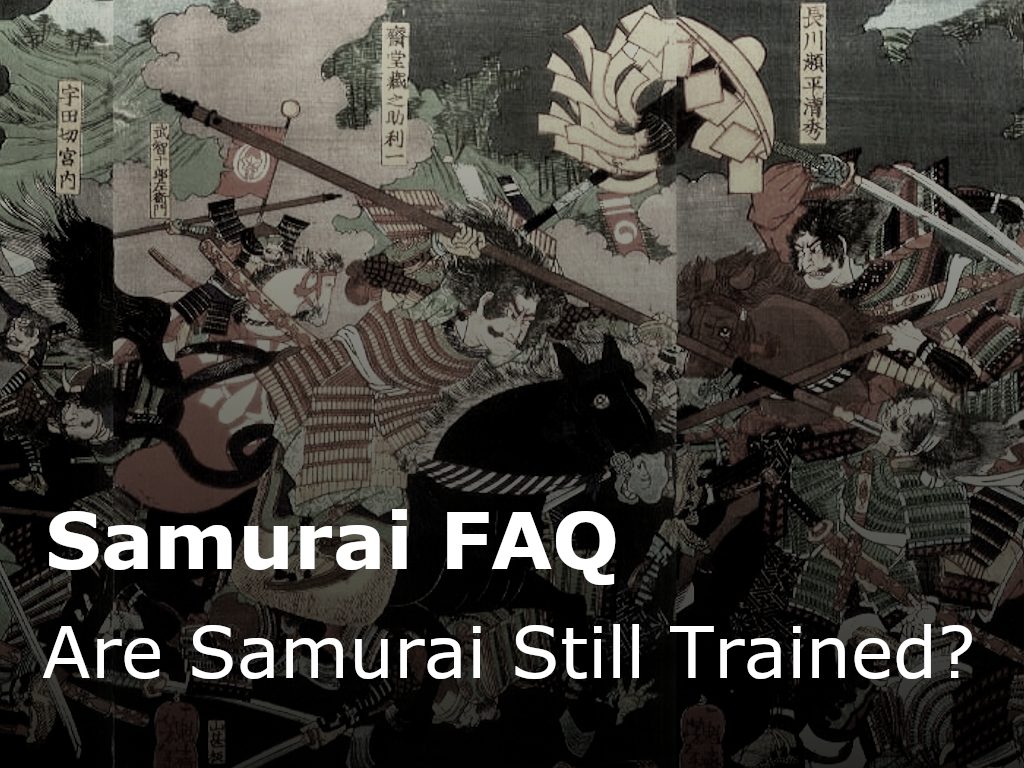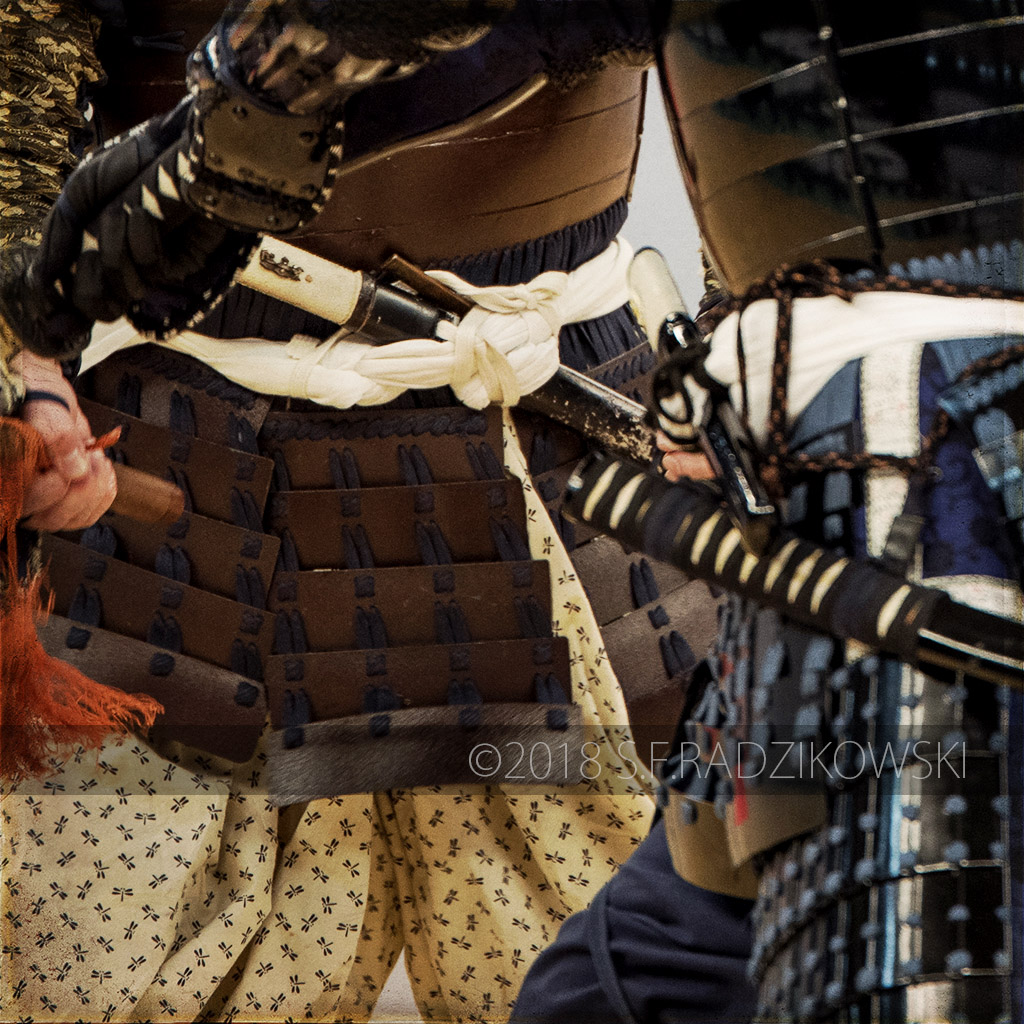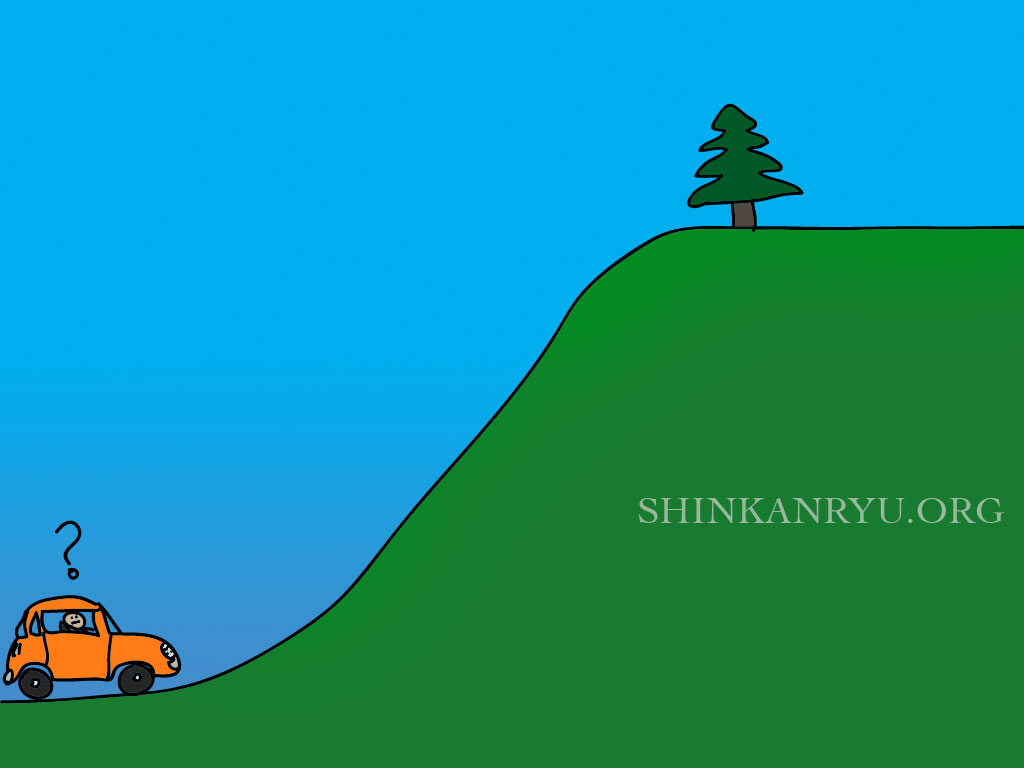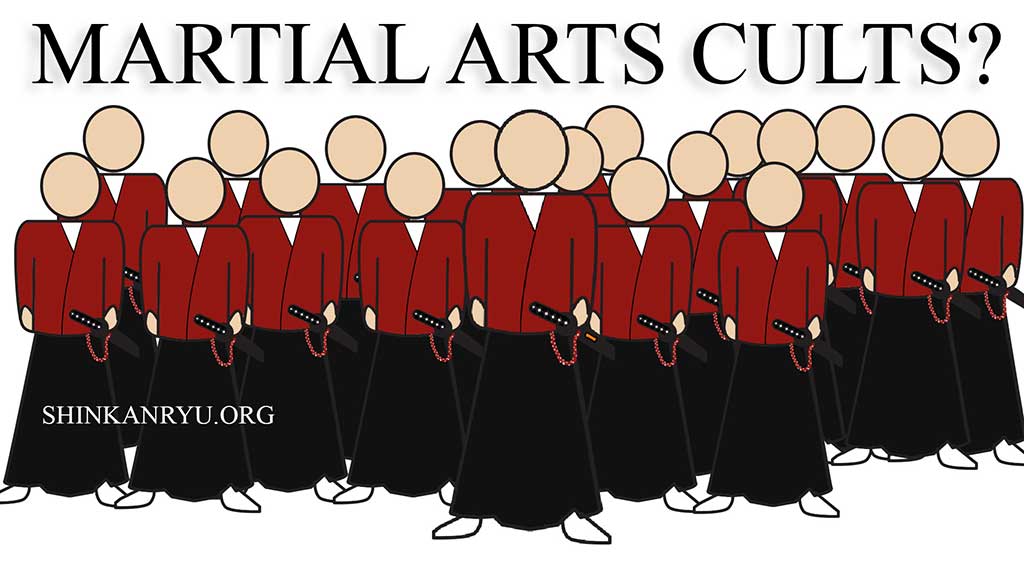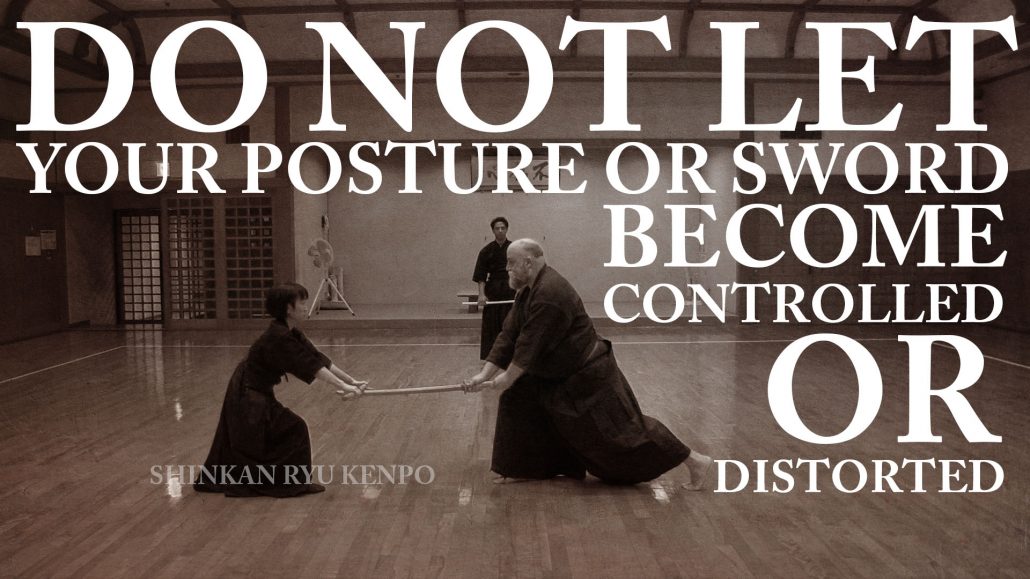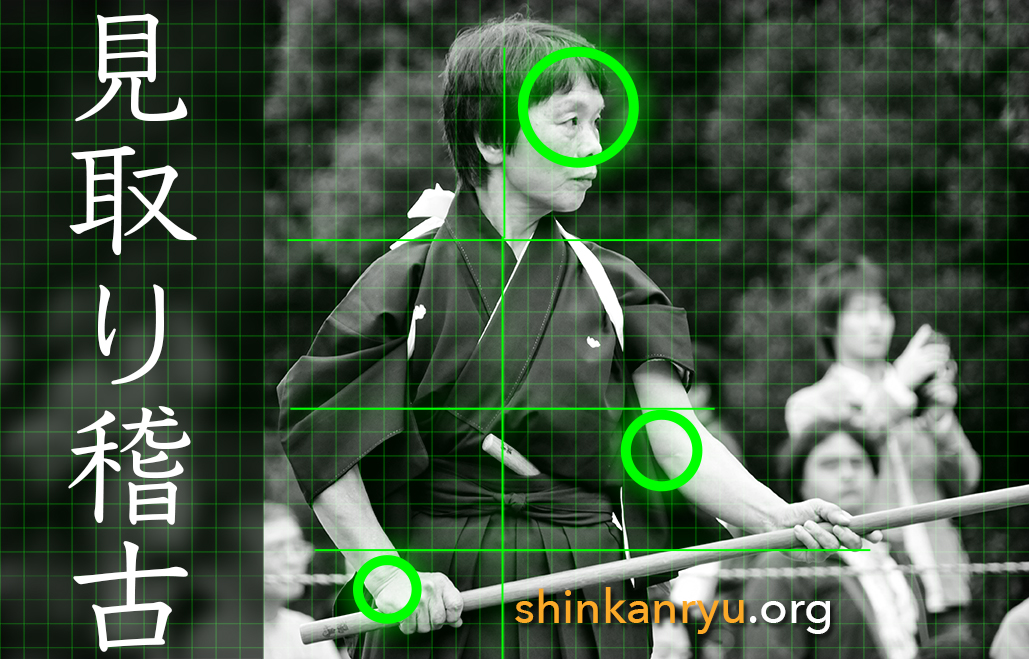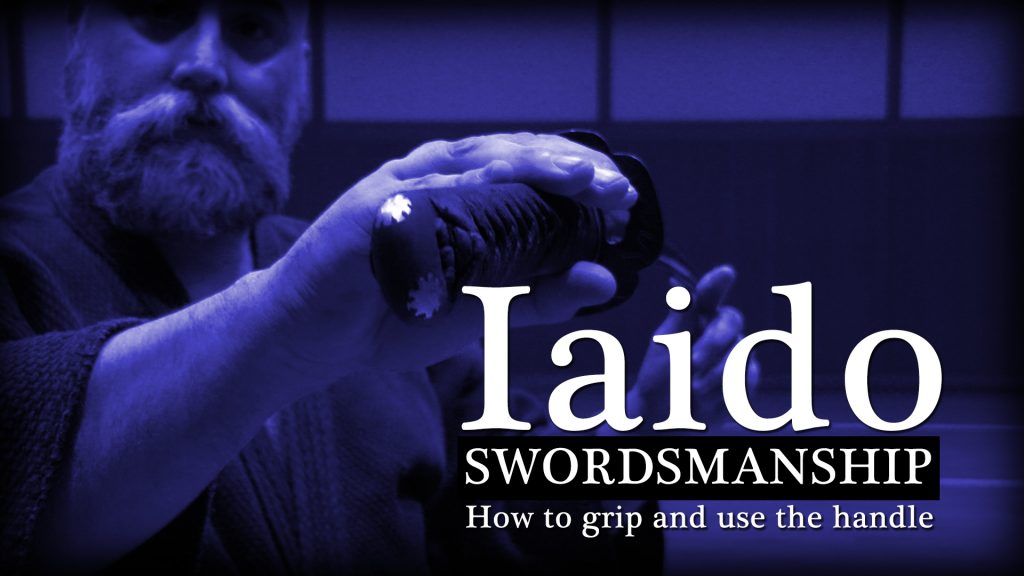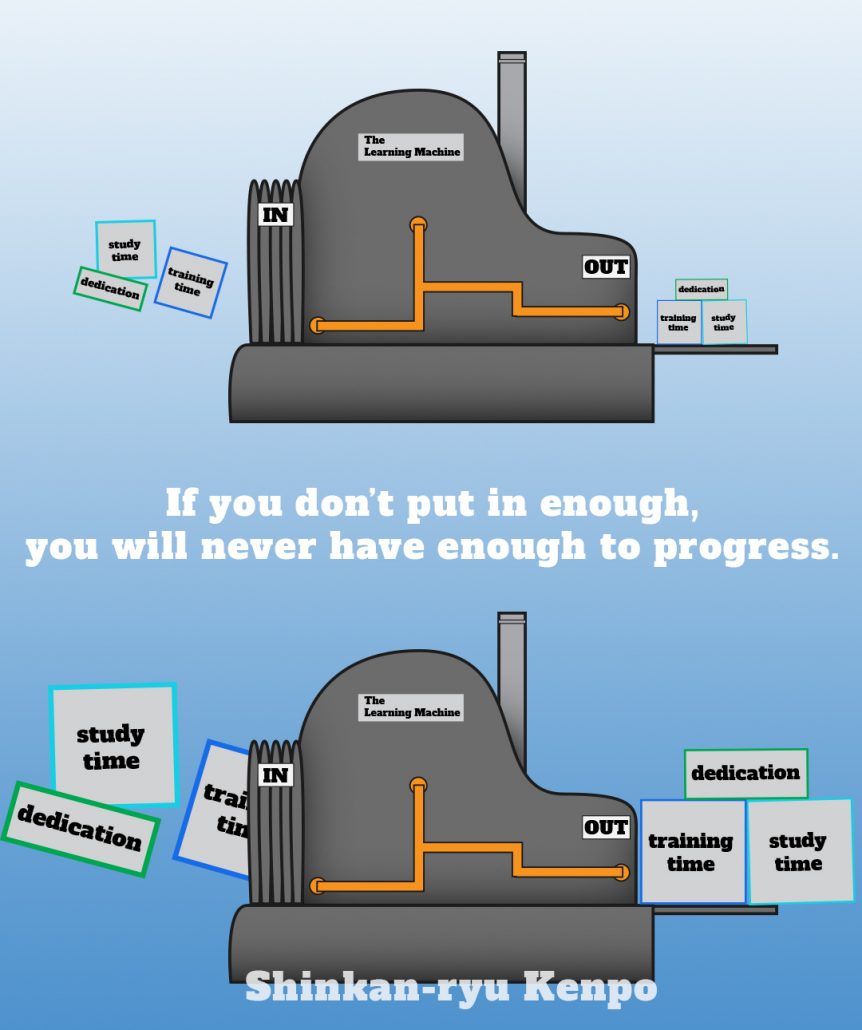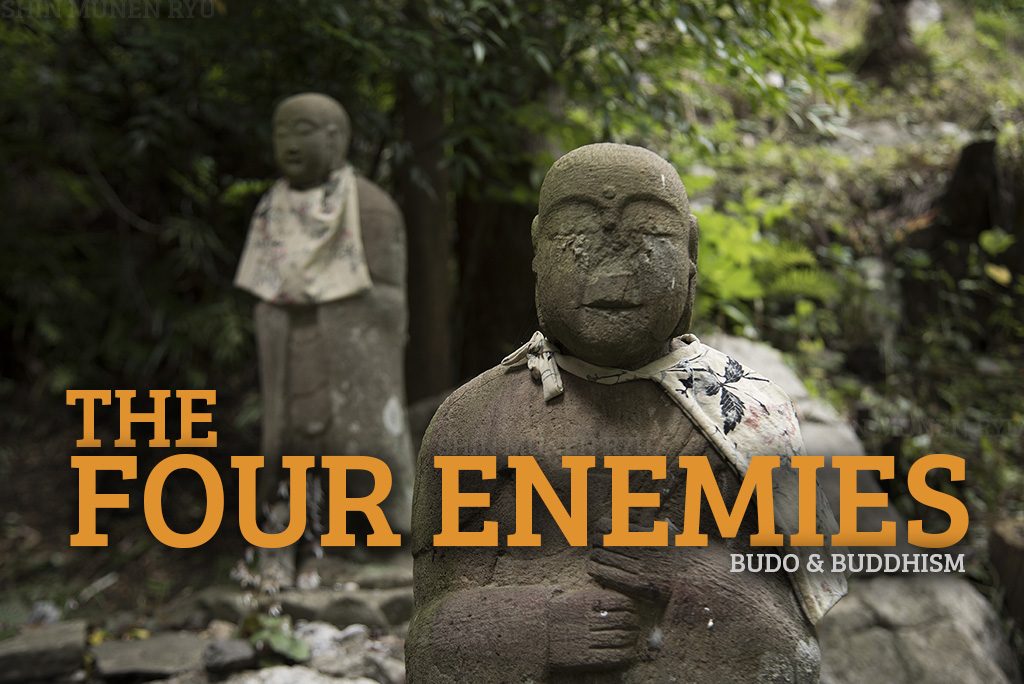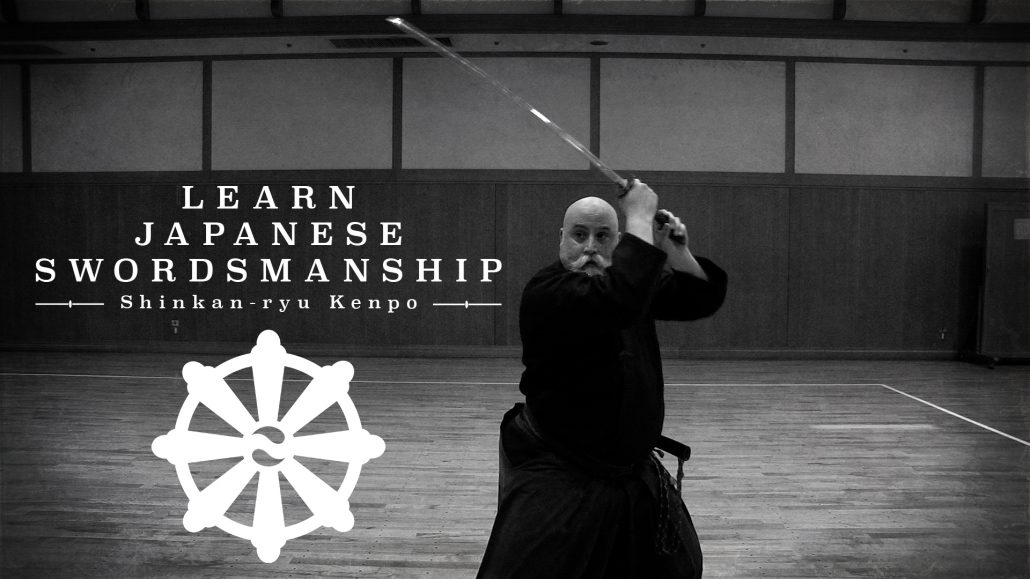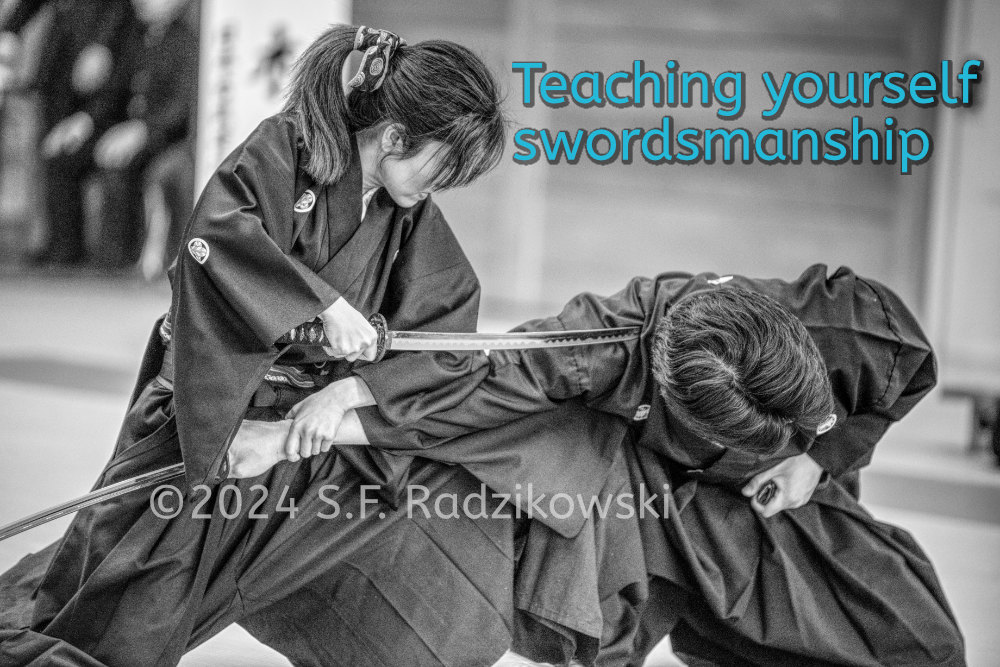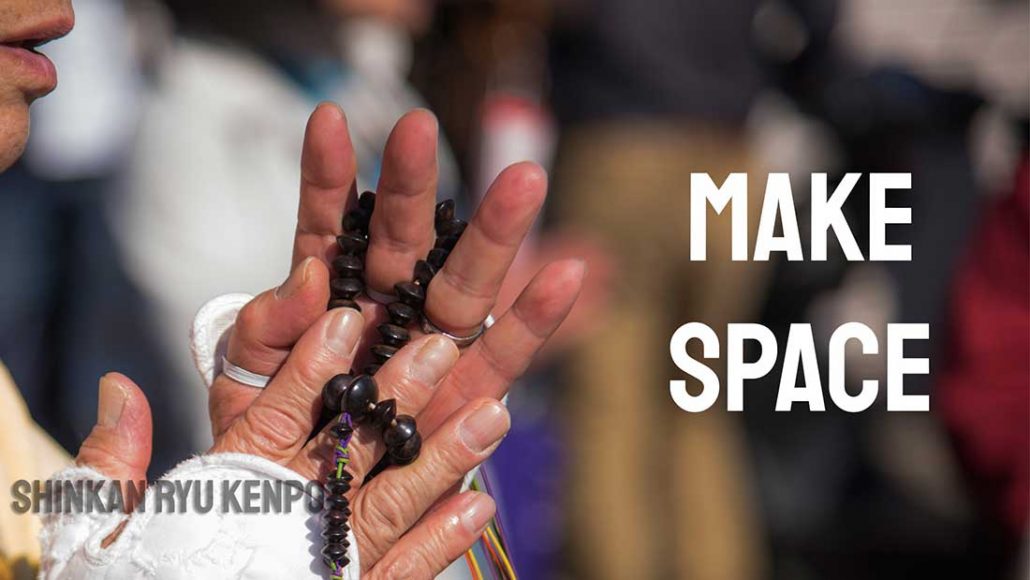I heard a student say, "If I don’t do any kind of training every day, I feel a strong sense of guilt." When I heard that, I felt uncomfortable. As a teacher, the last thing I want my students to feel is guilt. While our training expectations and requirements are not lenient, there is no reason someone should feel guilt. Seeing students guilty should be a red flag for any martial arts teacher. There should be an immediate reflection on the messages they give their students regarding training and the school. As a martial artist, if you feel guilty, it might be time to think about your mindset.
I do not want any students to feel guilt, or to even fuel feelings of guilt for themselves. When we join a martial arts school it is to learn. We want to learn many things. The techniques, the school's philosophies of combat, mental health, better physical condition, and often to simply enjoy something we have an interest in.
Guilt certainly serves its purpose. It is not inherently bad to feel guilty. We should not feel a strong sense of guilt, however, regarding not training. Nor should we stoke feelings of guilt for not fulfilling our training duties as students. Guilt can present a feeling of powerlessness in ourselves that we are just a slave to something without control. I am not saying guilt is solely unhealthy and to be avoided in life. Guilt serves as a mechanism from which we can learn something. There is a good reason to feel guilty after cheating or lying to someone. When we go against our morals guilt serves as a checking mechanism. It is natural.
We should not be a slave to our bujutsu.
If we want to learn, the hard fact is training physically and mentally as often as we can is the road we must tread. The person who shows up to class three times a week will learn more than the person who shows up sporadically. As students, we should clearly understand some responsibilities that go along with studying bujutsu.
Responsibility is about having power and control yourself. You have control over your decisions. You have the power to train. Keiko is our responsibility as students in a school. Training should be hard to skip for small reasons as it builds our skill step by step, very literally. Feeling responsible as part of the school is a positive experience, whereas feeling guilty becomes quite negative. Being responsible for our keiko evolves from a desire to improve ourselves.
Be careful about any teacher guilting you into doing things. Be wary when you start using guilt as a means to get things done in your bujutsu keiko. Having a healthy sense of responsibility for your training will go a long way to serve you well.
While we should push ourselves, sometimes there are days when skipping training might be a good idea. There is no reason to feel guilty about that. Most of the time, pushing past the minor issue and performing keiko will benefit you and the school. Don't feel guilty about not performing keiko; feel responsible, and understand why you should and shouldn't perform keiko on any given day. Talk to your teacher and senpai if you are confused about training.
©2020 S.F.Radzikowski

ラジカスキー真照
館長Saneteru Radzikowski is the head sword instructor of Shinkan-ryū Kenpō. He lives and teaches Iaijutsu and Kenjutsu from Nara, Japan.
Equanimity Of A Bushi
Under the big blue sky, Walk with purpose. せいしょうにへいほうす。青空をすたすた歩く。 Move towards your difficulties (or life...
Mastering The Martial Arts and Basics
I will be talking about basics and mastery. Before I begin, I want to say...
Tachi Iai & Suwari Iai Demonstrations
[fusion_builder_container hundred_percent="no" hundred_percent_height="no" hundred_percent_height_scroll="no" hundred_percent_height_center_content="yes" equal_height_columns="no" menu_anchor="" hide_on_mobile="small-visibility,medium-visibility,large-visibility" status="published" publish_date="" class="" id="" background_color="" background_image="" background_position="center...
Keishi ryu Iaijutsu
In 1888 the Tokyo Metropolitan Police department decided to cull various ryu-ha together to form...
Budo Thoughts: Practice is life.
Practice is life. Life is practice. Enjoy them together. Enjoying morning keiko outdoors. The smell...
Duping The Gaijin – Martial Arts Fraud
Some Japanese schools or individuals wish to capitalize on the ignorance of non-Japanese martial artists...
Advance The Sword And Mind
No matter what, move. Advance. Unceasingly against whatever odds, internal or external, move towards the...
Mushin State of No Mind In Martial Arts
I would like to express my thoughts on the concept of mushin no shin —...
Iaido Tachi & Seiza Waza
Demonstrations of unique iaijutsu and complimentary techniques between standing and sitting.
Samurai F.A.Q
Are samurai still trained in Japan? Are there samurai schools? The short answer is, No.Samurai...
Martial Arts Creator Origin Myths of Japan
Japanese Koryū Creator myths; becoming enlightened and making up a whole martial arts system. Some...
Practice
The car at the bottom of the hill needs a sustained gas pedal to move...
Martial Arts Cults & Lies
I once had an interaction with someone who referred to their school as a genuine...
Sword Control
We should not let our mind or body or sword become contorted or controlled by...
Mitorigeiko Special Practice
Present and switched on The method of critically watching practice is commonly referred to as...
Sword Grip Tenouchi Iaido Video
This video describes basic hand grips (tenouchi) for using a katana (Japanese sword).
I Am A Lazy Martial Artist
There is a saying, “You get out of it what you put into it.” It...
Four Enemies
Four Friends. Four Enemies. One morning while on alms rounds the Buddha gave a heap...
Learn Sword Online: Budo Video
Learning Japanese sword online is possible. https://player.vimeo.com/video/276710823
Teaching yourself Iaido and Swordsmanship
The Challenges of Self-Learning Swordsmanship In martial arts, particularly in the study of swordsmanship, a...
Don’t Fall Into The Honey
You only have a little bit longer to live. The end is coming, whether in...
Learning Iaido Online: The Japanese Art of the Sword
Learning Iaido online is a wonderful challenge. Iaido or Iaijutsu can be deceptively simple in its...


